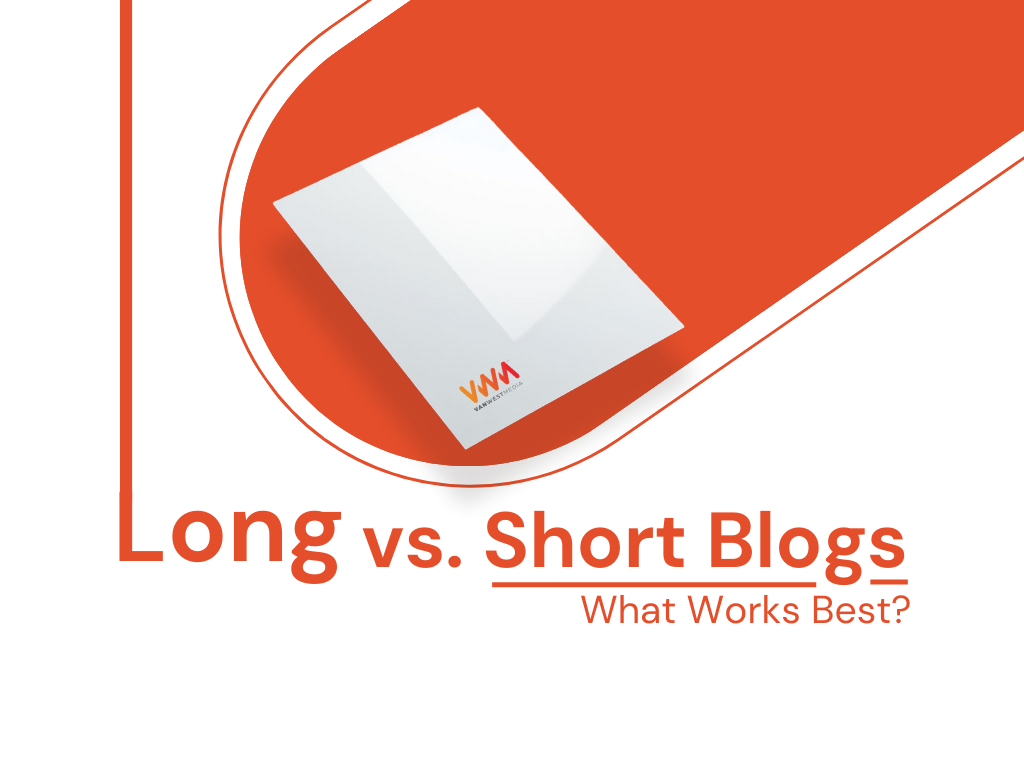In the ever-evolving realm of content creation, bloggers face a perpetual dilemma: the battle between long-form and short-form content. Both have their merits, but determining which works best depends on various factors. Let’s delve into this blogging conundrum and explore the dynamics of long vs. short blogs.
Long-Form Blogs:
- SEO Dominance:
Long-form content tends to perform well in search engine rankings. Search engines often favor in-depth, comprehensive articles that provide value to readers.
- Authority and Expertise:
Lengthier content allows bloggers to showcase their expertise and delve into a topic extensively. It establishes authority in the field and fosters trust among readers.
- Engagement and Dwell Time:
Lengthier articles have the potential to captivate readers for an extended period. Increased dwell time signals to search engines that the content is engaging and valuable.
- Comprehensive Coverage:
Complex topics often require more words to be thoroughly explored. Long-form blogs enable bloggers to provide a comprehensive understanding of intricate subjects.
Short-Form Blogs:
- Reader Attention Span:
In an age of information overload, shorter content caters to the diminishing attention spans of online readers. It delivers information concisely, making it more digestible.
- Ease of Consumption:
Short blogs are easily consumable, especially on mobile devices. Readers can quickly grasp the main points without a significant time investment.
- Frequent Publishing:
Bloggers can maintain a consistent publishing schedule with shorter content. It allows for more frequent updates and keeps the audience engaged.
- Social Media Friendliness:
Short-form content is highly shareable on social media platforms. Bite-sized information is more likely to be shared, increasing the blog’s reach.
Finding the Balance:
- Topic Sensitivity:
The nature of the topic should guide the decision between long and short content. Complex subjects might demand a more extensive exploration, while simple updates or news can be conveyed succinctly.
- Audience Understanding:
Knowing the audience is crucial. Understanding their preferences, behavior, and the platforms they use can help tailor content length for maximum impact.
- Diverse Content Strategy:
A well-rounded content strategy may involve a mix of long and short blogs. This diversity caters to different audience segments and aligns with varied content consumption preferences.
Conclusion:
The debate between long and short blogs isn’t a one-size-fits-all scenario. Each has its place in the content ecosystem, and the effectiveness depends on the context, audience, and the goals of the blogger. Whether opting for the depth of long-form or the brevity of short-form, what matters most is delivering value to the audience.
In essence, bloggers should focus on creating content that resonates with their readers, aligns with their objectives, and ultimately stands the test of quality in the dynamic landscape of digital content creation.

